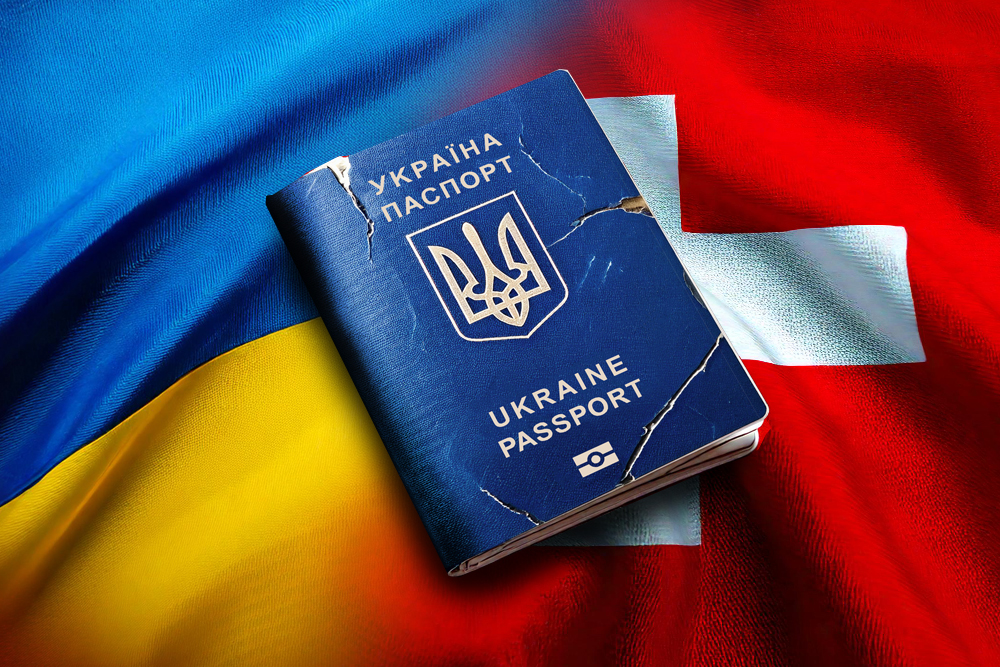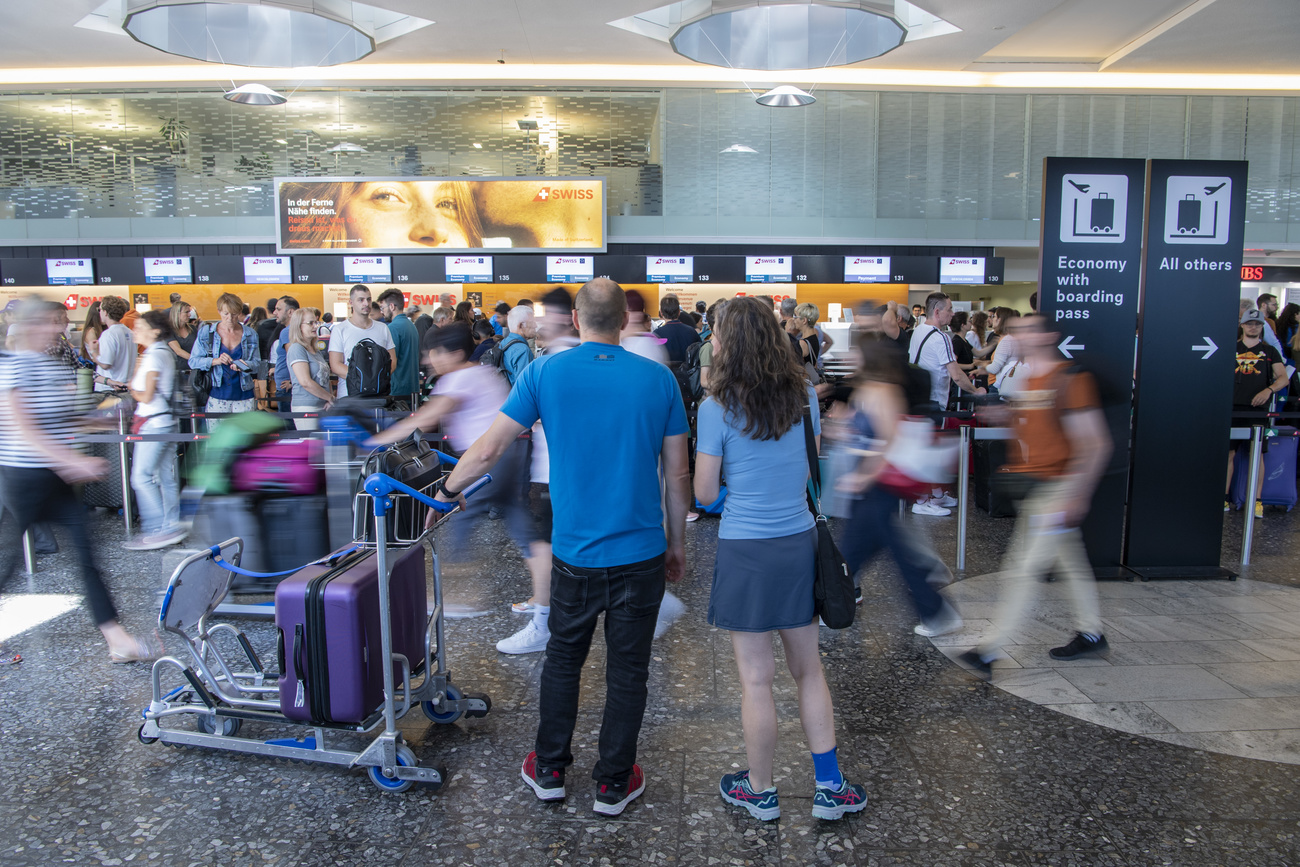Switzerland resists surveillance frenzy

Surveillance cameras enabled police to quickly identify the London bombers. In Europe the call for new anti-terrorism measures is growing louder.
But not in Switzerland. Any changes to the law will have to be first debated by parliament.
“We have to arm ourselves,” said the German interior minister, Otto Schily, supporting the suggestions of his British counterpart, Charles Clarke.
At a special session in Brussels on Wednesday concerning the attacks on London, Clarke had called for new measures in the fight against terrorism.
The attacks on the British capital last Thursday killed at least 53 people and injured 700. Four suicide bombers are also believed to have died.
In particular Clarke had demanded that people supplying evidence gathered from means of communication must store the information for one year.
“We’re talking about data which, if it were saved, would greatly improve our investigations,” explained Schily.
From the data it is possible to work out who telephoned, when, to whom they spoke and for how long – in addition to whether they used a mobile or a landline, who looked at what online and who sent text messages or faxes to whom.
The content of the messages however will not be recorded.
Nothing new
“Regarding the storage of communications data, we are currently where the EU wants to be,” Guido Balmer, spokesman for the Federal Police Office in Bern, told swissinfo.
The corresponding law was introduced three years ago, although the period for which data must be kept is six months and not one year as wanted by EU ministers.
“Sometimes it’s almost not long enough, for example in international investigations into child pornography online,” said Balmer. But he added that the storage of communication data has proved to be an effective tool in the fight against crime.
In Switzerland calls for more surveillance after the latest attacks have not increased.
Indeed, the package of anti-terrorism laws proposed by the former justice minister Ruth Metzler in the wake of the attacks on New York and Washington were rejected by parliament.
No emergency laws
Balmer said the fact that no emergency laws have been introduced in Switzerland is down to the country’s democratic tradition, adding that it is important that security and freedom can be carefully balanced.
“The analysis of communication data is already a far-reaching step regarding an individual’s rights,” he points out, saying that currents means of acquiring preventive information in Switzerland are limited.
Hanspeter Thür, head of the Federal Data Protection Commission, believes the authorities already have enough means.
At his annual conference a fortnight ago, Thür warned of a rushed tightening of laws.
“It would be dangerous if security services were allowed to gather preventive information secretly, as they would never have to defend the validity of such methods in fair or open proceedings,” he said.
Thür said that every preventive acquisition of information must be controlled by data protection and that he had not been sufficiently convinced that criminal prosecutors needed more powers.
Mid-table
Guido Balmer believes that even a comprehensive video surveillance system – like that which has been seen in London for years – will not solve all the world’s problems, “although such images are valuable”.
Balmer also foresees that in Switzerland – as in London after the bombings – individuals could be ordered to hand over mobile phone images to the authorities.
“But actually that’s no different from being summoned as a witness, which we’ve done for ages,” he says.
Balmer says that in the fight against terror Switzerland isn’t right at the top “but is maybe mid-table”.
He sees Switzerland’s defensive strength against terrorism not in single technical measures, but in the wide range of possibilities.
“Communications data, video pictures and other information are only one part. Together with the work of the national defence, the police and foreign embassies, they send a signal to potential terrorists that well-equipped security services exist. That has a generally preventive effect.”
swissinfo, Philippe Kropf and agencies
On July 7 2005 four British-born suicide bombers set off three devices on the London Underground and one on a London bus.
At least 53 civilians were killed and more than 700 injured.
Surveillance cameras enabled police to quickly identify those responsible.
EU interior ministers want all communication data from telephones, mobiles, faxes and the internet to be stored for one year.
From the data it is possible to work out who used the telephone, when, with whom and for how long – in addition to whether they used a mobile or a landline, who looked at what online and who sent text messages or faxes to whom.
In Switzerland since 2002 all data must be stored for six months, although parliament is looking into extending it to a year.

In compliance with the JTI standards
More: SWI swissinfo.ch certified by the Journalism Trust Initiative











You can find an overview of ongoing debates with our journalists here . Please join us!
If you want to start a conversation about a topic raised in this article or want to report factual errors, email us at english@swissinfo.ch.